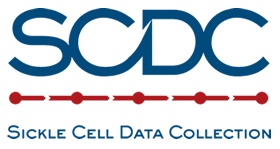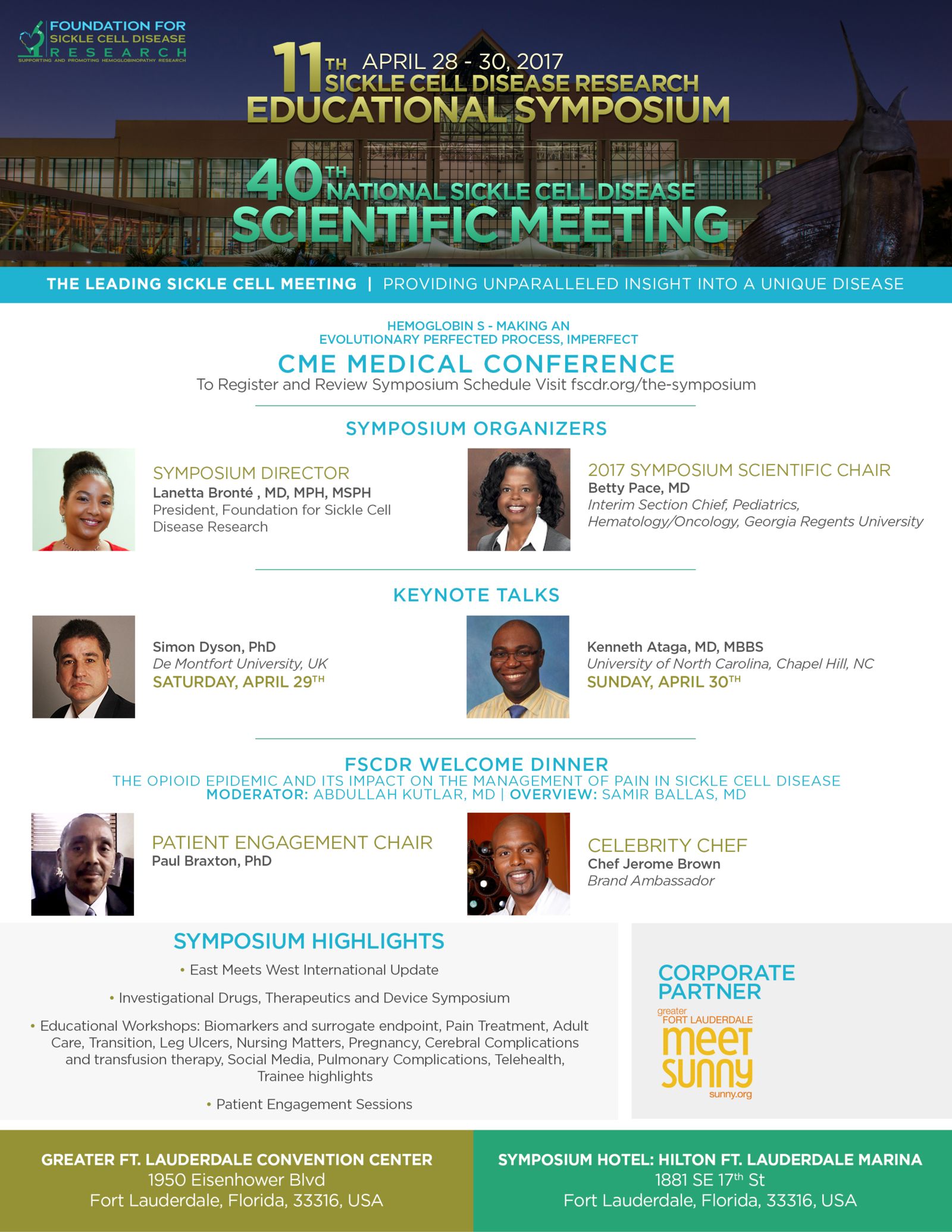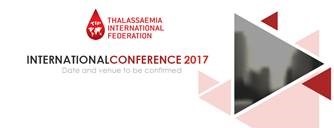SCDC Update
Gene Therapy Offers Hope for All Patients with Sickle Cell Disease
The agonizing symptoms and long term organ damage associated with sickle cell disease (SCD) may be a thing of the past following recent advances in gene therapy. Earlier this month, investigators from Paris, France, reported on the world’s first SCD patient to be treated with gene therapy. The clinical case study, sponsored by bluebird bio, was published in the New England Journal of Medicine. In this trial, a bone marrow harvest was performed on the patient to collect hematopoietic stem cells. Using a lentiviral vector, a functioning copy of the gene responsible for normal hemoglobin production was then introduced into the DNA of the collected stem cells. Once the cells had been successfully modified to contain the anti-sickling hemoglobin gene, the patient underwent chemotherapy to eradicate their diseased blood-forming cells. Finally, the genetically treated cells (LentiGlobin drug product) were infused into the patient via IV. Since being treated in October 2014, the patient continues to be free of SCD symptoms. Additional studies evaluating the safety and efficacy of the LentiGlobin drug product in the treatment of patients with severe SCD are underway. For more information, visit clinicaltrials.gov.
Senator Scott Addresses SCD During CMS Confirmation Hearing

In the recent Senate confirmation hearing of Seema Verma, President Trump’s nominee for the Administrator of the Centers for Medicare & Medicaid Services (CMS), U.S. Senator Tim Scott (R-SC) focused his comments on the increase in emergency room visits for patients with sickle cell disease. Senator Scott, a founder and Co-Chair of the Congressional Caucus on Sickle Cell Disease Research, stated that 246,596 emergency room visits alone were accounted for in 2014 by individuals affected with sickle cell disease. With Medicaid being the primary source of health care insurance for a high percentage of sickle cell patients, Senator Scott asked Ms. Verma to share her thoughts on innovative routes CMS can take to reduce readmissions, decrease costs for providers and payers, and improve care for those with sickle cell disease and similar chronic conditions. We applaud Senator Scott for highlighting SCD at such an important hearing and thank him for being a champion for this disease.
All of Us Research Program Announces Funding Opportunity for Community Partners
The National Institutes of Health has announced a new funding opportunity, All of Us, to gather data from over 1 million people living in the U.S. The ultimate goal of this effort is to accelerate research and improve health. Unlike research studies that are focused on a specific disease or population, All of Us will serve as a national research resource for thousands of studies, covering a wide variety of health conditions. NIH is designating up to $5 million per year over the next three years to support these community-led outreach efforts. Eligible organizations include nonprofits, other community-and faith-based organizations, minority-serving institutions and local governments, among others. Applicants must submit their proposed strategy, whether through special events, trainings, communication programs or other activities. Applicants must also include a funding proposal tied to specific outreach goals. Applications are due on March 24, 2017, and NIH plans to issue awards in May 2017. For more information please visit the NIH website.
Key Findings: CDC’s Sickle Cell Data Collection Program Useful in Describing Patterns of Emergency Department Visits by Californians with Sickle Cell Disease (SCD)
The Sickle Cell Data Collection (SCDC) program is a joint effort involving the Center for Disease Control and Prevention’s (CDC) Division of Blood Disorders, the California Rare Disease Surveillance Program and the Georgia Health Policy Center (GHPC) through funding provided to the CDC Foundation by Pfizer Inc. and Biogen. The SCDC program recently published utilization patterns by individuals with SCD in California. Emergency department (ED) and hospital discharge data from 2005-2014 were studied to determine the patterns of ED treat-and-release for individuals with SCD in California. The main findings are as follows:
- Among 4,636 patients with SCD in California, almost 9 in 10 had one or more treat-and-release ED visits during the study period.
- Young and older adults had a greater number of ED visits than pediatric patients (patients who were children).
- The average number of visits each year to the ED for the participants in the study was 2.1 visits.
- In a single year,
- About 5 in 10 patients with SCD had no treat-and-release ED visits (No ED use)
- About 3 in 10 patients had between 1 and 3 visits (Low ED use)
- About 1 in 10 patients had between 4 and 10 visits (Medium ED use)
- About 1 in 30 patients had 11 or more visits (High ED use)
For more information on the study, click here.
The Sickle Cell Data Collection Program Will Host SCD Webinar
The California Rare Disease Surveillance Program invites you to attend a webinar, "Evaluating and Addressing Challenges to Optimal Sickle Cell Disease Care within the Health Literate Care Model," presented by Dr. Marsha Treadwell, Clinical Scientist at the UCSF Benioff Children's Hospital Oakland on Wednesday, April 19, 2017, from 10-11 am PDT (1-2 pm EDT). To register, please click here.
The Foundation for Sickle Cell Disease Research Presents the 11th Annual Sickle Cell Disease Research Educational Symposium
For additional information and to register, click here.
11th Annual Sickle Cell Disease and Thalassemia Conference
The 2017 Annual Scientific Conference on Sickle Cell and Thalassaemia is a three-day conference aimed at all those with a common interest in sickle cell disease and thalassemia. It will be held in London on October 11-13. The conference serves as an opportunity to learn about the latest advances in clinical care, as well as transition services and emerging new therapies, including updates for curative treatment options. This year’s theme is ‘patient choice in a changing landscape of treatment and cure for sickle cell and thalassemia.’ There will also be sessions on genetics and genomic progress, curative therapies and emerging services, as well as abstract and poster presentations. For more information and to register, click here.
Spread the Word
The status quo is unacceptable & we are setting out to change it. Join us to #ConquerSCD! www.scdcoalition.org


